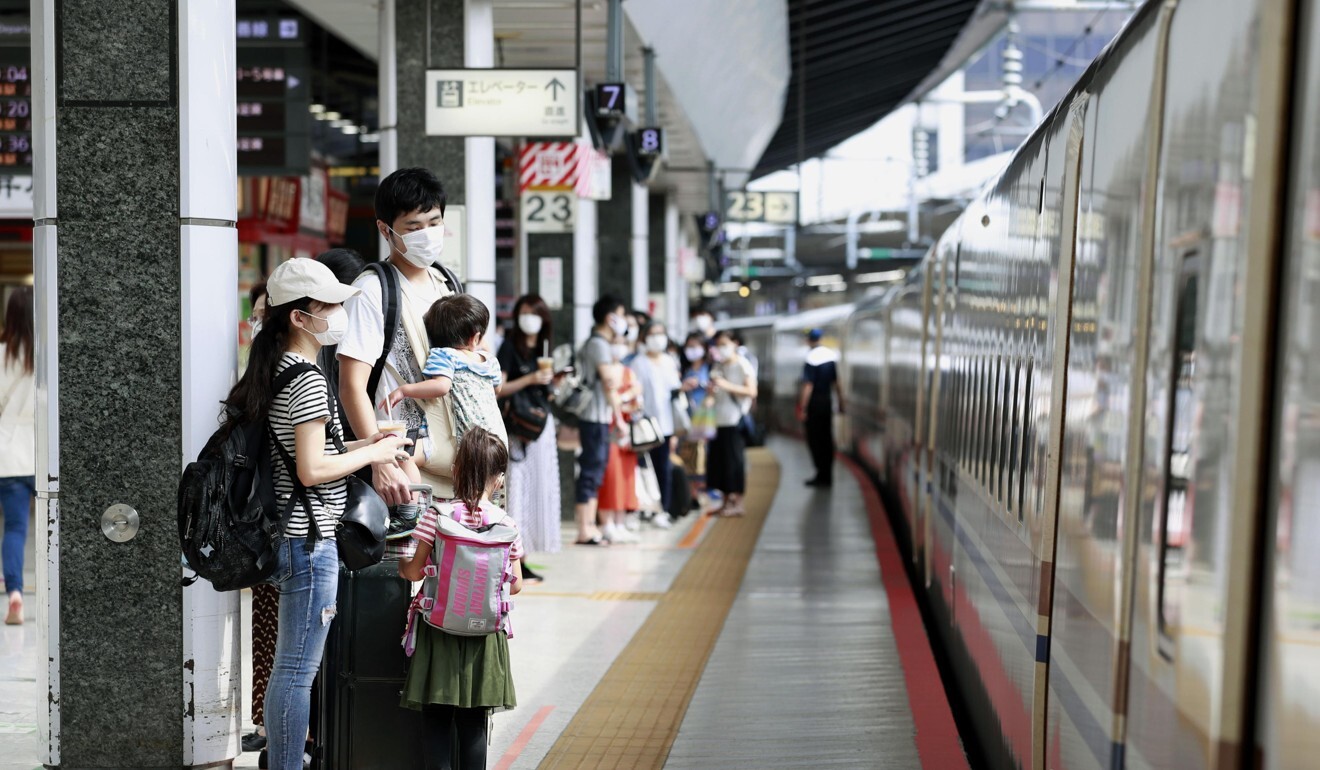
Yakuza, Nepalese among 34 arrested in Japan over coronavirus loans scam
- Since the arrests, dozens more people have contacted authorities to ask how to return loans they are not entitled to
- Organised crime groups are widely thought to have orchestrated the scam

Two Nepalese men are among 34 people who have been arrested in Japan on suspicion of fraudulently applying for and receiving government loans designed to help workers get through the coronavirus pandemic.
Japanese authorities say that since the announcement of the arrests in September, dozens of people have inquired about how they can return loans they took out, claiming they were unaware they were not eligible to receive the funds when they first applied.
It is widely believed that organised crime groups were behind the fraudulent applications, with one person who was approached and invited to apply for support to which he was not entitled telling the South China Morning Post that he was told it was an “easy way to make money” and that there was no risk of being caught.
The two Nepalese men have been arrested on suspicion of fraud for applying for loans from the Tokyo Council of Social Welfare.
An official of the Metropolitan Police Department’s organised crime division told the Mainichi newspaper that the two men had claimed in their applications that their monthly incomes had fallen to zero, even though they were still earning around 200,000 yen (US$1,896) a month from their jobs in a restaurant.

The illegal applications were discovered when the men were questioned over violations of immigration law, with one of the men quoted as telling investigators that he had “no intention of repaying the money”.
Emergency loans were introduced for households that have seen their incomes decline dramatically as a result of the coronavirus crisis, with the interest-free loans available for periods of up to 10 years and ranging from 200,000 yen to 600,000 yen.
A member of a yakuza organised crime group is among those arrested in connection with fraudulent applications for support, lending credence to the suggestion that the underworld is involved in orchestrating the scam.
“I was contacted by someone that I knew at senior high school who said I could make easy money,” said a second-year university student from Kawasaki city, south of Tokyo.
“I’ve lost my part-time job in a restaurant and I need money to pay my university fees, so I said I was interested,” said the student, who declined to be named.
The student, who was still living at home as a dependent, was sent an application form to complete and a tax declaration and instructed to falsely state that he was earning nothing and was unable to support his household. The 21-year-old student said he became more suspicious when he was told that 20 per cent of the total he received needed to be handed over to the person who had initially approached him as a “handling fee”.

02:14
Japanese students build face mask with screen displaying wearer's face as anime avatar
The student telephoned the city hall to inquire about the details of the loan scheme and confirmed that what he was being encouraged to do was illegal. He said he destroyed the application form and has cut off contact with his former classmate.
Others have only realised their mistake when it is too late.
Tokyo police say that in the three weeks after the arrest of the two Nepalese men was announced, around 60 foreign nationals have contacted the authorities to say they wish to return funds that they mistakenly received from the city government.
The loans are worth a total of 36 million yen, while seven more people have already returned 4 million yen. Police have not said whether they plan to prosecute those who filed false applications, apparently in the hopes that more people will come forward to return payments.
Nationwide, local authorities have reported more than 200 people inquiring how to go about returning funds from the scheme.
Between late March and September 26, local governments provided 1.13 million loans worth a total of 3.38 billion yen to those in need of support.